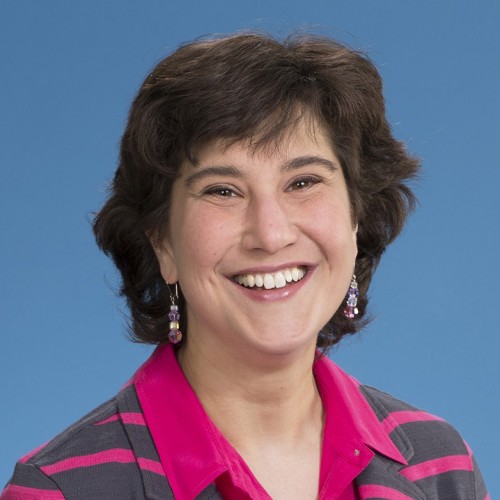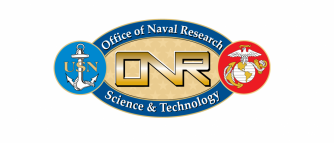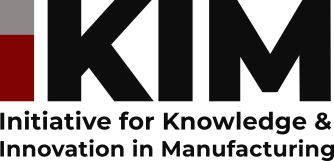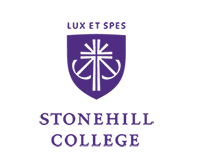Photonics Certificate Program
This 12-month, hands-on training program leads to a certificate in advanced manufacturing and integrated photonics. It is designed to equip participants with the skills and experience needed to thrive in this burgeoning market.
Program Start: Fall 2023
We welcome applications on a rolling basis until June 1, 2023. The certificate program starts in the fall term. Apply Today
A Valuable Tool for a Career in a Growing Market
Photonics, the study of light-based technology and other applications of optical science, is rapidly expanding. But the supply of qualified workers is inadequate to fulfill industry hiring needs, particularly personnel involved in assembly, quality control, testing, repair and technical work.
This certificate program is designed to equip program participants with the skills and experience needed to thrive in this burgeoning market.
This certification is a 12-month, 24-credit program, 3-nights a week to prepare students – with little or no background in the field – for careers as technicians in the integrated photonics industry.
Program Benefits and Highlights
- Complete part-time program in as little as three semesters
- Gain skills that increase marketability in other technical fields, e.g. robotics, electronics and materials
- Learn in Stonehill's cutting-edge optics and photonics lab with equipment used in the industry — including Photonic Integrated Chips (PICs), XRD, CNC, FTIR and UV-VIS spectrophotometers, lasers, optical fiber tools, and 3D printer/scanner
- Attend a unique MIT photonics lab tour as a one-day field trip
- No science or math background assumed
Program Outcomes
- Design components for semiconductor and optical devices
- Describe theory behind design and fabrication of integrated circuits
- Gain competency in problem solving, technical communication and safety in photonics and optics labs
- Gain knowledge of electronics (basic theory and applications including measuring and testing) in the photonics and optics technician workplace
- Learn to define a photonics project or problem clearly
- Learn to conduct applied work in a timely fashion
- Learn to communicate the results of a project
- Earn ten stand-alone certificates in photonics, advanced manufacturing, safety and industry software and techniques.
The Skills to Succeed
In just 12 months, gain the skills to increase your marketability in technical fields such as photonics, optics, advanced manufacturing, robotics, electronics and materials.
Students are in high demand from prestigious companies, with nearly 100% securing high-tech positions, even before completing the program.
Launched with the Support of the U.S. Office of Naval Research
The Certificate program is supported by a $770,000 sub-grant as part of a $1.8 million grant from the U.S. Office of Naval Research grant to MIT’s Knowledge and Innovation for Manufacturing Initiative at the Massachusetts Institute of Technology.
Professor Professor Ruby Gu, director of the Photonics Program
Sample Courses
Introduction to Optics
Photonic Integrated Circuits
A Distinct Advantage for Many Career Paths
Students in the program come from many backgrounds, from those who are college bound to those who are changing careers. The certificate program will benefit traditional college students who could earn both an academic degree and a technical certificate in integrated photonics, a big advantage when seeking employment after graduation. The program also holds promise for students at community colleges and vocational high schools as well as workers seeking retraining, veterans entering the private sector and underrepresented populations.
Internship Provides Experience and Connections
The three-month paid internship lasts the entirety of the final semester. Students gain practice at applying the skills learned in previous courses, develop workplace experience and industry contacts helpful when it comes time to move into the workforce. These impactful internships help to guarantee that students are leaving the program with skills that employers desire.
Work While You Learn
On day one of the program, students may choose to work in a high-tech company during the day while attending classes at night. This “work and learn” option not only affords an immediate salary but counts toward the internship. These high-tech positions provide industry context for the skills learned during the program.
Why You Should Apply
- Access esteemed faculty in one of the few photonics technician programs in the U.S.
- Gain skills that increase marketability in other technical fields, e.g. robotics, electronics and materials
- Work one-on-one with an established mentor in industry
- Learn in a cutting-edge optics and photonics lab with equipment used in industry – including a 3D printer and scanner, Raman and FTIR microscopes, and manual and automated wire bonders.
- Benefit from an internship that delivers valuable workplace experience
This integrated program is consistent with the partner schools’ deep commitment to high-impact, experiential learning. It incorporates theoretical and applied approaches to physics, business and/or engineering.
TEDx Talk, We Are in a Photonics Revolution by Professor Cheryl Schnitzer, director of the Photonics Certificate Program
Contact Information



